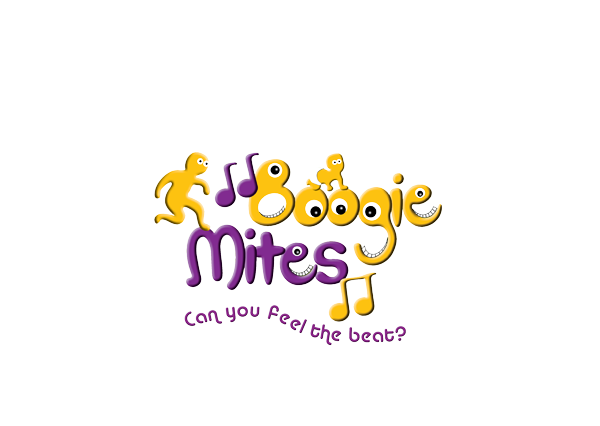Anita Collins Ted Talk
What if…
What if a large number of scientific studies had proved that there is one activity that can improve our cognitive function, help our memory systems, help us to learn the language and is most effective when undertaken before the age of 7! Find out why Anita Collins describes the effect of music “‘like fireworks going off in the brain” in this engaging and fascinating Ted Talk. Wind The Bobbin Up will never be the same again!





